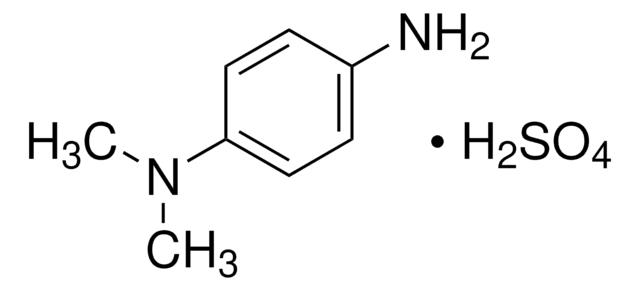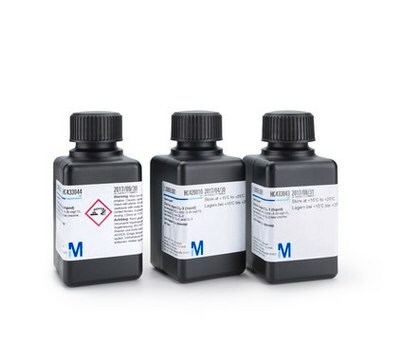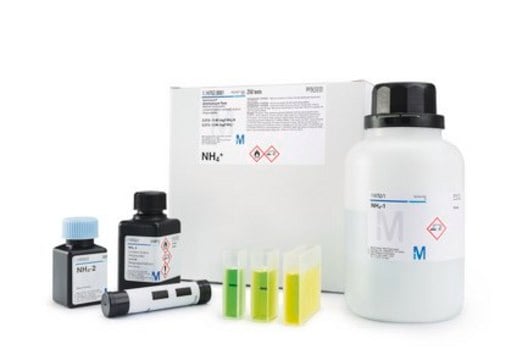261513
N,N-Diethyl-p-phenylenediamine
97%
Synonym(s):
4-Amino-N,N-diethylaniline
About This Item
Recommended Products
Quality Level
Assay
97%
refractive index
n20/D 1.571 (lit.)
bp
115-116 °C/5 mmHg (lit.)
mp
19-21 °C (lit.)
solubility
water: insoluble
density
0.988 g/mL at 25 °C (lit.)
SMILES string
CCN(CC)c1ccc(N)cc1
InChI
1S/C10H16N2/c1-3-12(4-2)10-7-5-9(11)6-8-10/h5-8H,3-4,11H2,1-2H3
InChI key
QNGVNLMMEQUVQK-UHFFFAOYSA-N
Looking for similar products? Visit Product Comparison Guide
Related Categories
General description
Application
Signal Word
Danger
Hazard Statements
Precautionary Statements
Hazard Classifications
Acute Tox. 3 Oral - Eye Dam. 1 - Skin Corr. 1B
Storage Class Code
6.1A - Combustible, acute toxic Cat. 1 and 2 / very toxic hazardous materials
WGK
WGK 3
Flash Point(F)
282.2 °F - closed cup
Flash Point(C)
139 °C - closed cup
Personal Protective Equipment
Certificates of Analysis (COA)
Search for Certificates of Analysis (COA) by entering the products Lot/Batch Number. Lot and Batch Numbers can be found on a product’s label following the words ‘Lot’ or ‘Batch’.
Already Own This Product?
Find documentation for the products that you have recently purchased in the Document Library.
Customers Also Viewed
Our team of scientists has experience in all areas of research including Life Science, Material Science, Chemical Synthesis, Chromatography, Analytical and many others.
Contact Technical Service










